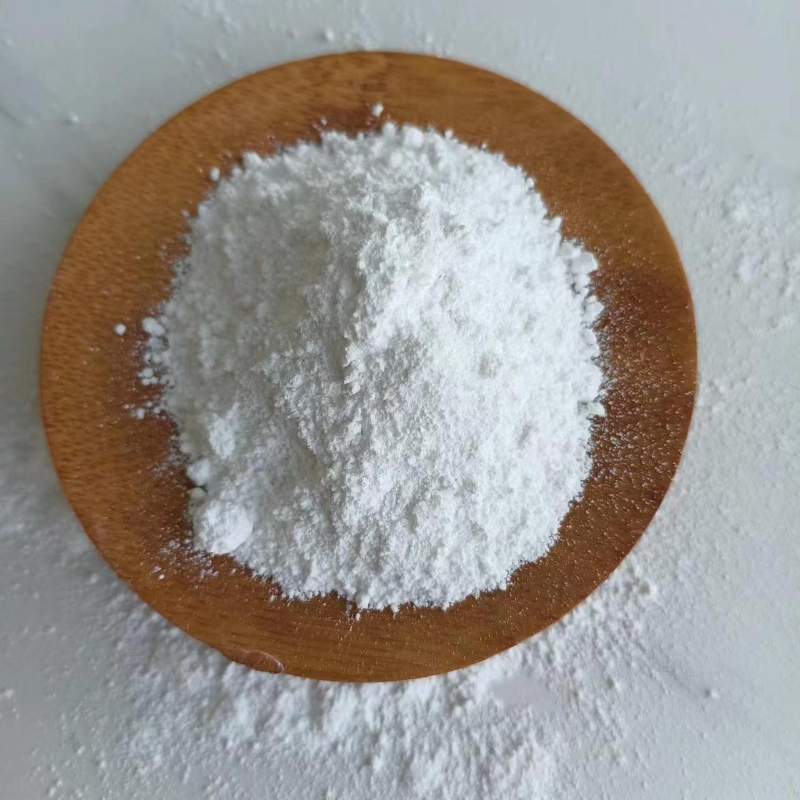-
Categories
-
Pharmaceutical Intermediates
-
Active Pharmaceutical Ingredients
-
Food Additives
- Industrial Coatings
- Agrochemicals
- Dyes and Pigments
- Surfactant
- Flavors and Fragrances
- Chemical Reagents
- Catalyst and Auxiliary
- Natural Products
- Inorganic Chemistry
-
Organic Chemistry
-
Biochemical Engineering
- Analytical Chemistry
- Cosmetic Ingredient
-
Pharmaceutical Intermediates
Promotion
ECHEMI Mall
Wholesale
Weekly Price
Exhibition
News
-
Trade Service
BACKGROUNDthe overgrowth of small intestine bacteria may play a role in gastrointestinal and non-gastrointestinal diseasesTo determine the effect of gastric acid inhibition on bacterial load, and to explore the link between bacterial load and gastrointestinal symptoms, this study used quantitative polymerase chain reaction (qPCR) to identify and compare asymptomatic controls and patients with functional gastrointestinal diseases (FGID) and inflammatory enteropathy patients, including intestinalulcerative colitis(UC) and Crohn's disease (CD), to compare the dose of the duoenteral activitymethod sed
methods In 237 patients (63 controls, 84 FGIDs and 90 IBDs), the researchers collected mucous membrane samples and total DNA taken during endoscopy under sterile conditionsThe bacterial load measurement is based on the qPCR measurementof of the bacterial 16S rRNA gene, which has been standardized based on human beta-actin expressionConduct a standard glucose exhalation test and a nutrient stimulation testresults
The twelve-fingered microbiological load in FGID patients (0.22 to 0.03) was higher than that of the control group (0.07 to 0.05; P - 0.007) and UC (0.01?0.05) or CD (0.02-0.09) patients (P -0.0001)Patients treated with proton pump inhibitors (PPI) had significantly higher bacterial loads than those who did not use the drug (P 0.05), but this does not explain the difference between the patient group and the control groupSignificant bacterial load (r-0.21, P-0.016) was associated with the symptom response of the standard nutrient-inducing testMethane values in methane breathing tests were correlated with bacterial loads, while hydrogen values in glucose breathing tests were not related to bacterial loads measured by qPCRconclusions
With qPCR, FGID's diagnosis and PPI treatment sit utherapy independently of increased bacterial load Increased bacterial load is associated with increased symptom responses to standard nutrient challenges







